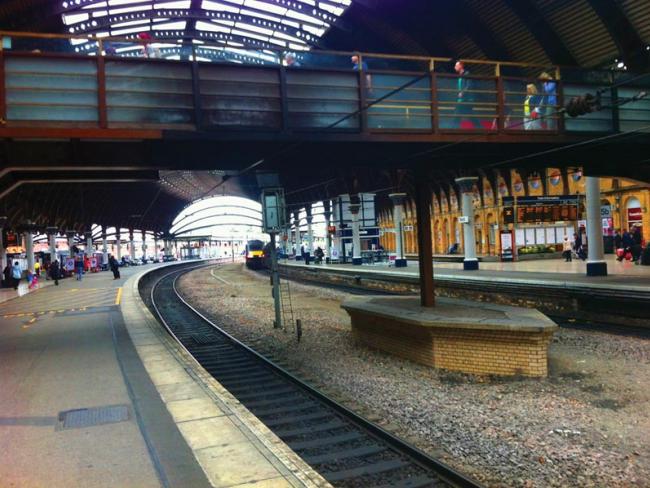Private Island: why Britain now belongs to someone else, by James Meek, paperback, 229 pages, ISBN 978-1-78-168290-6, Verso, 2014, £12.99 or less
Novelist and journalist James Meek outlines how foreign companies have taken over much of our infrastructure through a series of studies – the post, the railways, water, energy, health and housing. He states, “It is not racism that makes the foreign identity of some of the owners of our privatised infrastructure objectionable. It’s the selling of taxation powers to foreign governments over whom we have even less democratic control than our own.”
Thatcher is to blame for letting foreign companies seize our national assets. Her aim was “to secure free movement of capital throughout the (European) Community”. With that came “free” – or rather “uncontrolled” movement of goods and labour, which the EU imposes on members in the name of free trade. This book details the results.
‘Thatcher is to blame for letting foreign companies seize our national assets.’
Railtrack paid its shareholders £3.8 billion in dividends and interest over five years, and then collapsed. The Railtrack fiasco, Meek says, “is a story, too, with wider implications about the kind of country that Britain has become: a country that has lost faith in its ability to design, make and build useful things, a country where the few who do still have that ability are underpaid, unrecognised, and unadmired.”
EDF, a French company, now one of the energy big six, owns the nuclear plants that provide a sixth of our electricity. Nuclear power has a seventh of the carbon emissions of gas per watt. But the EU wants one in five of our power stations to close by the 2020s. A Labour energy minister said, “We couldn’t buy a French power station, and they could buy ours.” The EU’s competition authority took the decision on the EDF bid. The EU forbade Britain’s competition authority to do so.
Thatcher and her successors not only sold off state businesses, they opened the door for the market to encroach on other state activities. The government skewed the housing market by restricting supply, cutting two-thirds of the grant to housing associations to build. And then it raised prices through Help to Buy, which offers well-off people cheap loans to overbid for overpriced houses.
Artificially increasing demand through the loss of social housing led not to increased supply but to higher prices and rents. House prices tripled between 1997 and 2008. Average private-sector rents across England and Wales increased to a record £770 a month in October 2014.

